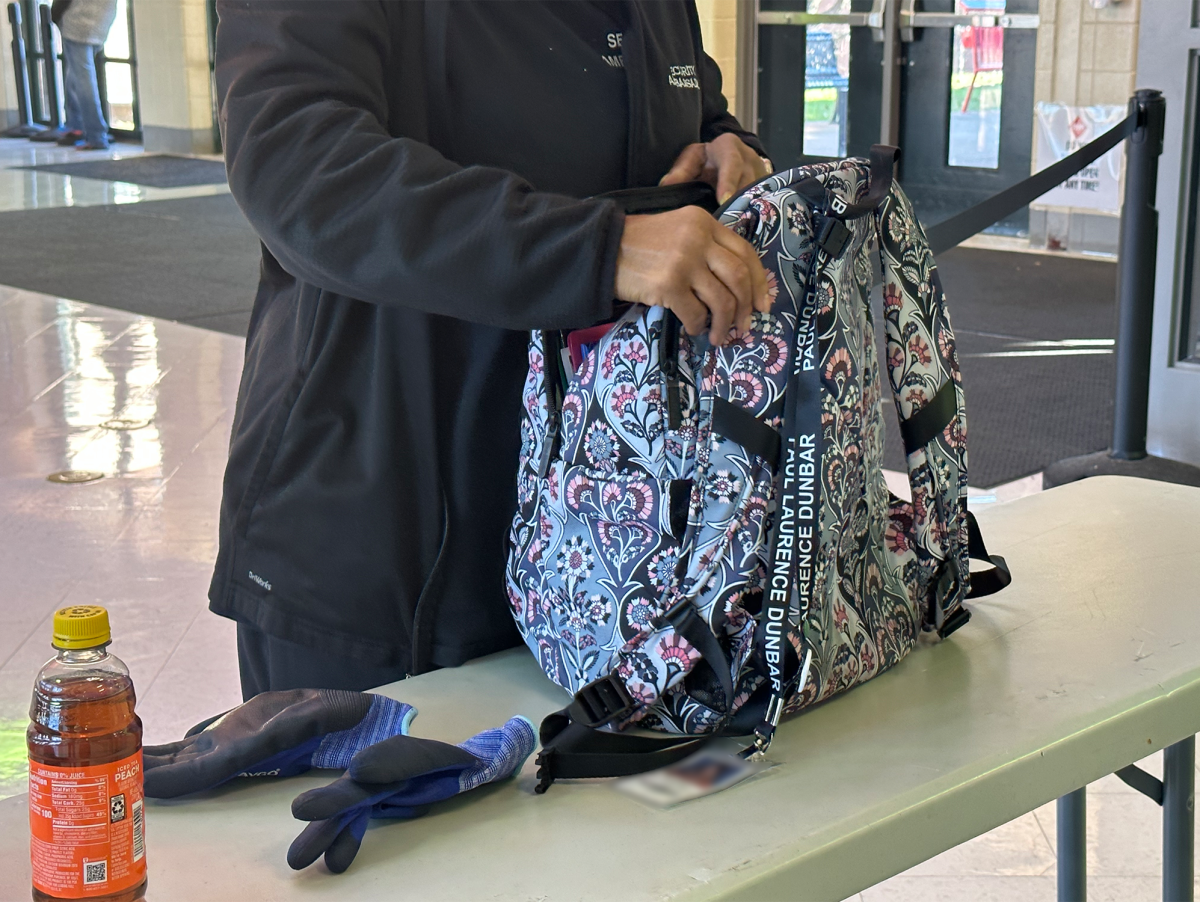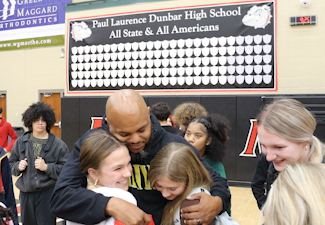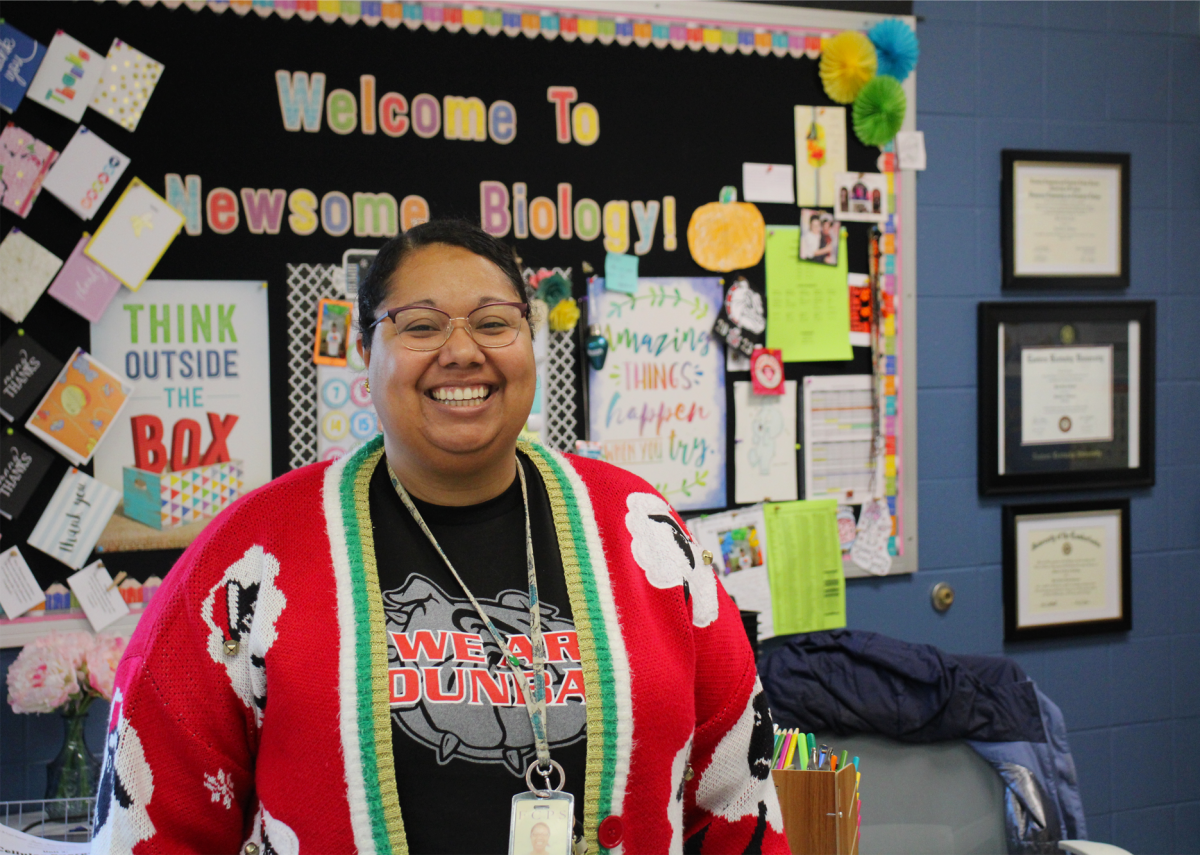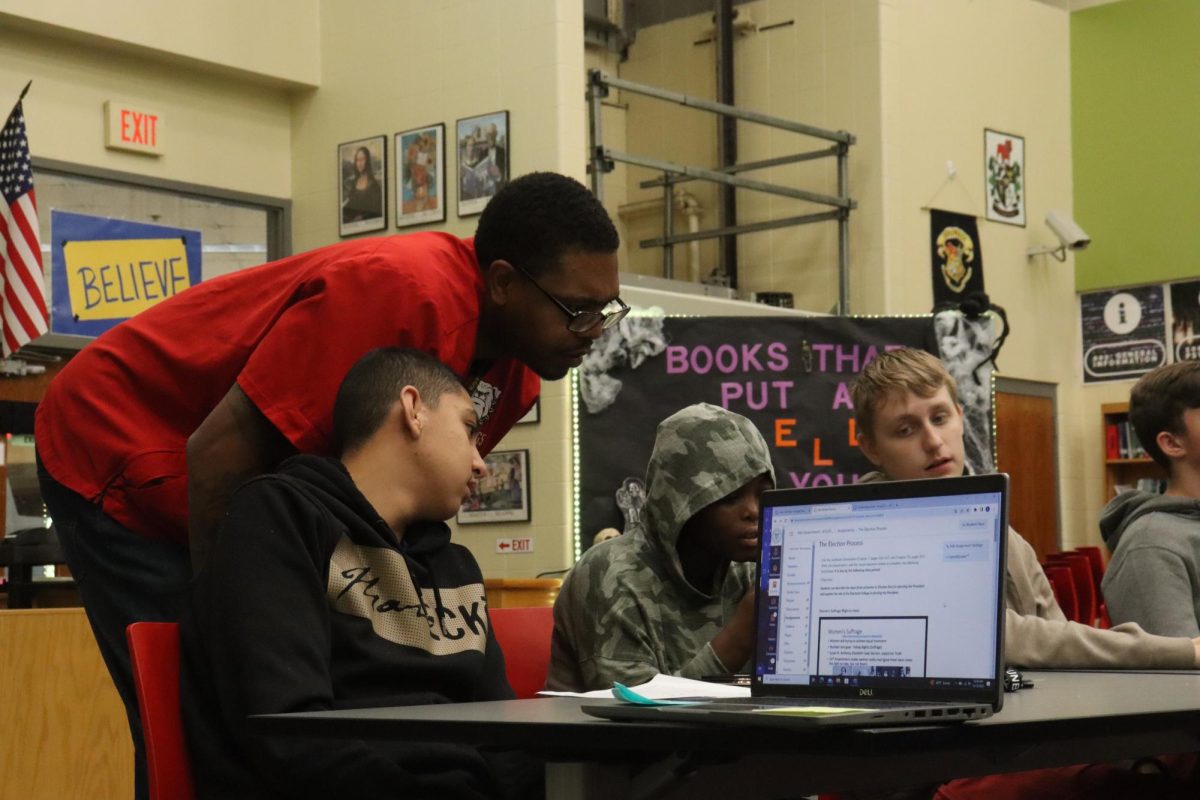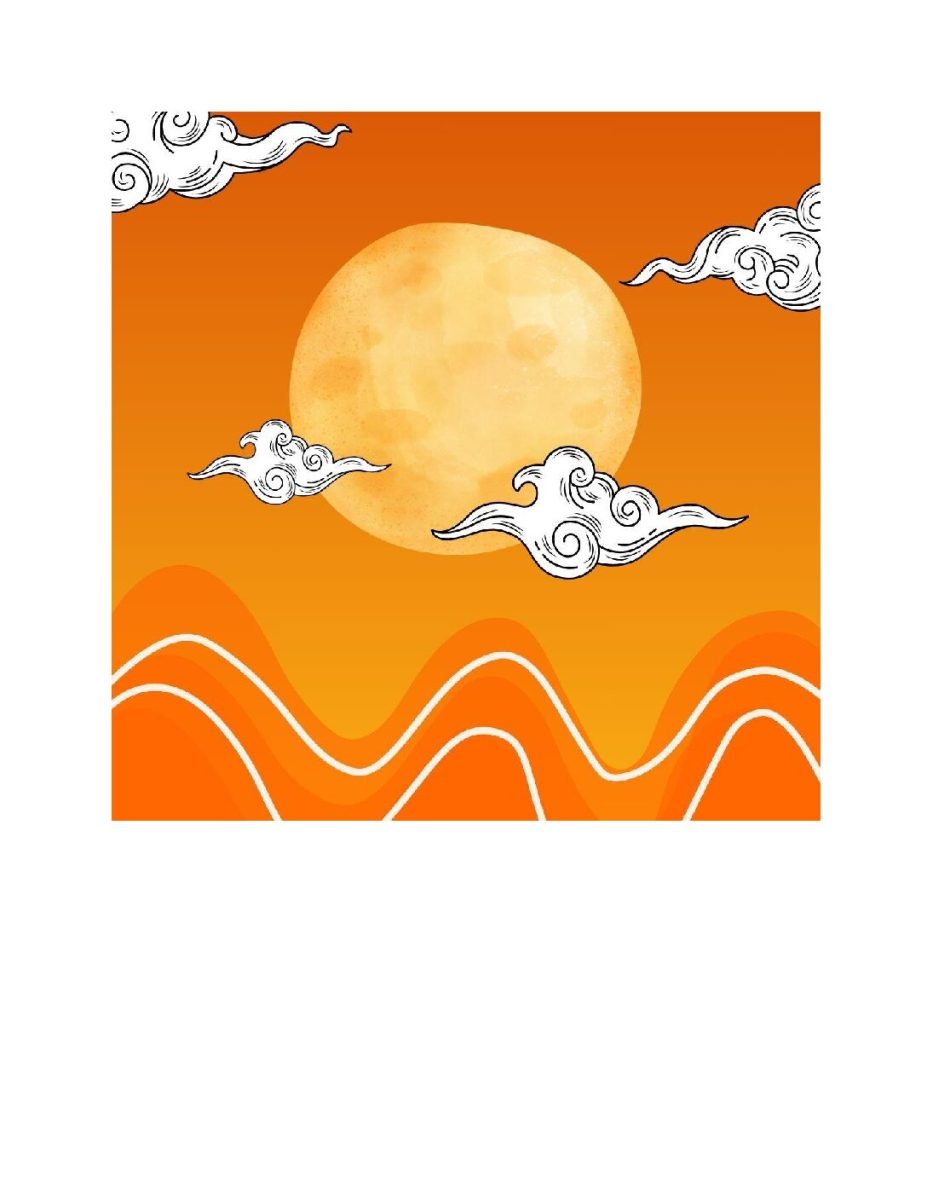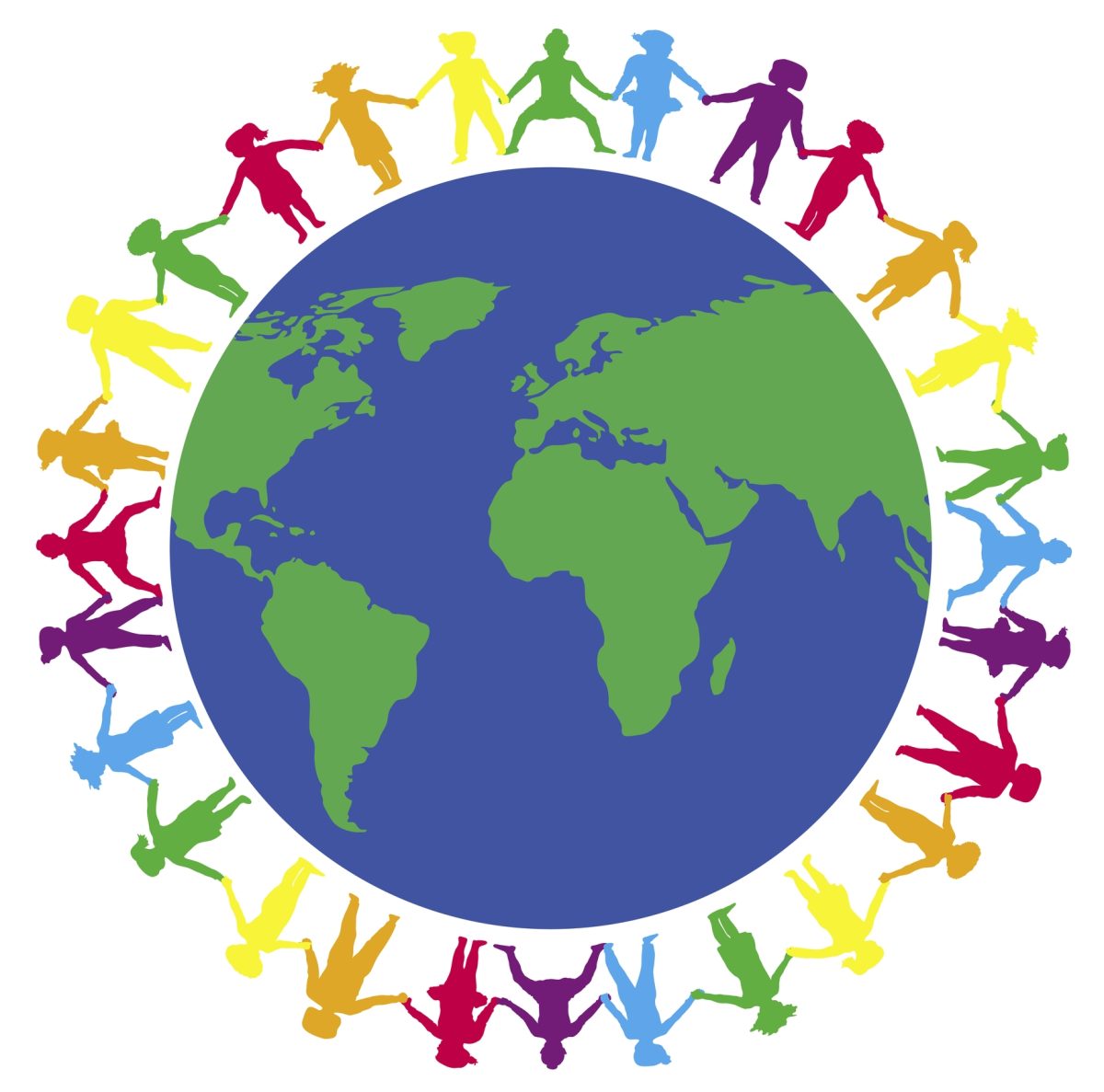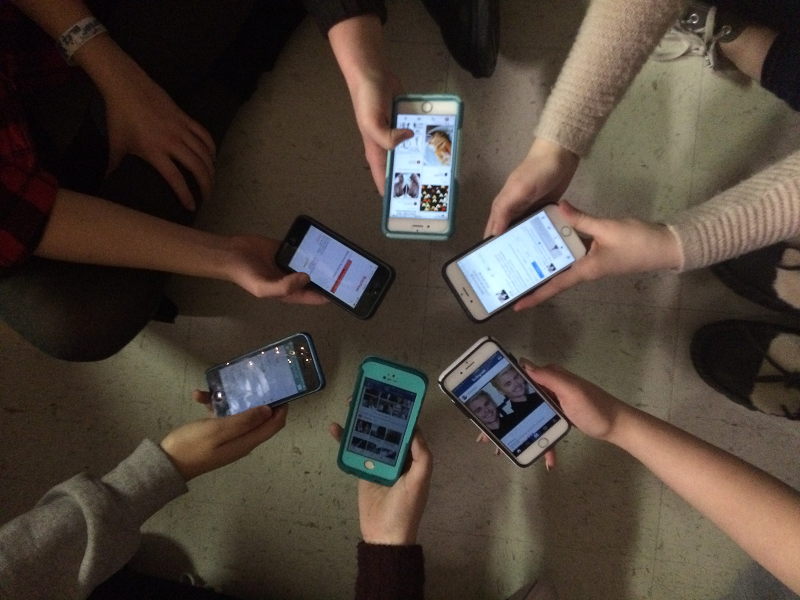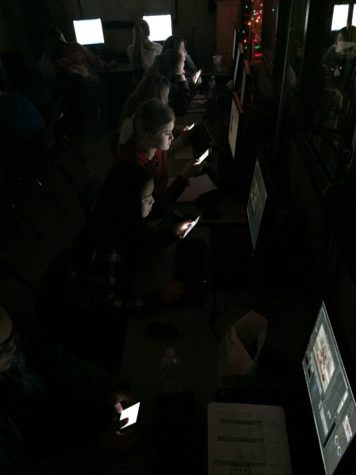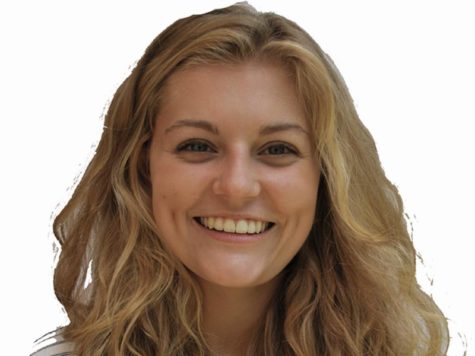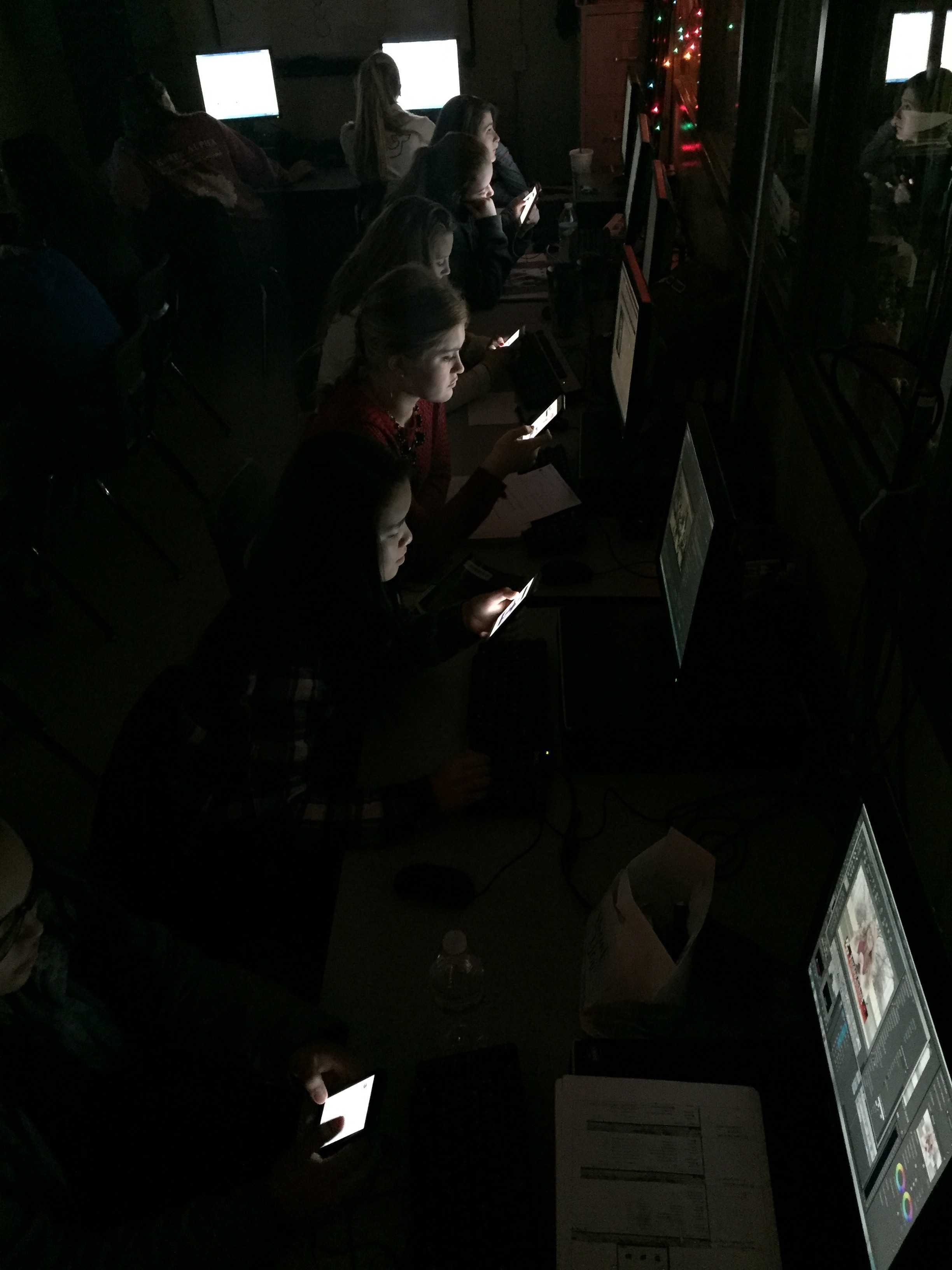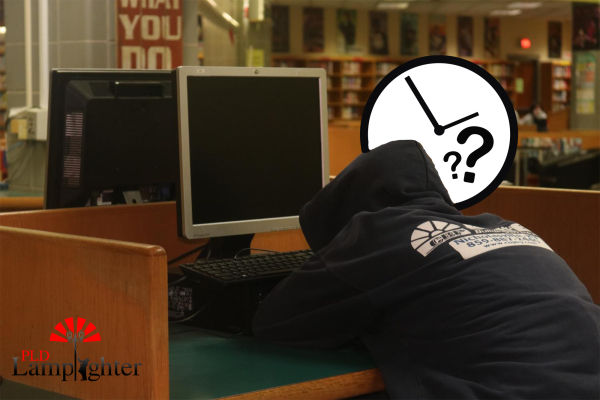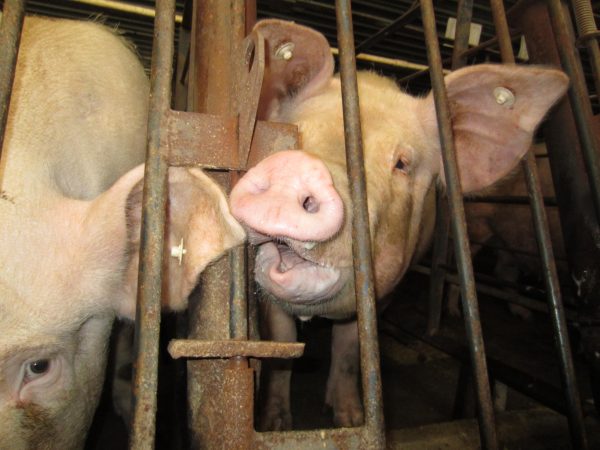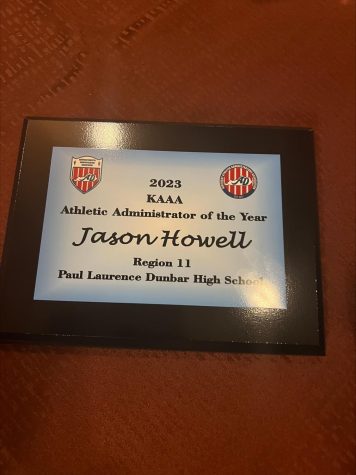An Abundance of Likes: Does Social Media Own You?
As a high school student who survives without any form of social media, I am a minority.
Social media has taken over high school.
If we were given nine extra hours each day, without internet or access to social media… imagine the things we could do. A report by Common Sense Media says that on a regular school day, teens in the United States spend an average of nine hours on technology or social media. With 92 percent of us online, on a daily basis, according to a survey by the Pew Research Center’s Internet & American Life Project, is it even possible to disconnect?
As a sophomore, apparently I must pull these statistics way down. You could say that I am the outlier: I’m on social media exactly zero percent of the day. According to Pew Research, 71 percent of teens have more that one social media account. Often, I am asked why I don’t have Twitter, Snapchat, Instagram, etc. Most people find my non-existent Internet life relatively odd in their terms of social norms. I, however, have come to the conclusion that there is more to life than social media. This realization has changed me for the better.
I wish it was not as important as I think it is
— Hannah Tucker
Sophomore Hannah Tucker says she is on social media every day and sometimes it just feels pointless. “I wish it was not as important as I think it is.”
Social media seems to create false sense of adoration. Over half of us seem to have a “better” life on the internet compared to reality. Social media is a way for people to showcase themselves and obtain the attention of others, including those who users don’t even know in real life. Pew’s research also shows that 24 percent of us admit to being online constantly. Managing virtual identities on several accounts can take up an entire day. Our generation is doing a fantastic job of taking advantage of modern technology, but maybe we shouldn’t be so plugged-in all the time. I’ve found that those of us who are not focused on a tiny screen see the world as it happens – not in small intervals of Snapchat stories or over-edited photos.
Madi Hawles, a sophomore at Dunbar, says she doesn’t like what social media is doing to our society in both relationships and the conduct of individuals. “Yet, I think that it is vital for connecting with peers,” says Hawles.
Social media does provide a connection to virtually anyone in the world. It is the primary means of communication for teens, but we can become emotionally invested all too quickly. The constant “streaming” of information can make us vulnerable to a very real social media addiction and self-esteem issues.
Constantly connecting with others has a strong impact on the way we perceive ourselves. According to researchers for the University of Glasgow, scientists are finding that social media use and interaction online leads to poor sleep quality, lowered self-esteem and much higher levels of anxiety.
The impact that social media has on society is now being considered a mental disorder by many psychologists. According to the Liberty Voice, “The Diagnostic and Statistical Manual for Mental Disorders has considered including ‘Internet addiction disorder’ to the list of genuine afflictions in the most recent publication of the handbook for psychologists.”
Many research studies reveal the same conclusions about what social media and the internet does to our mental health, or physical health and our ability to communicate. Teens who spend at least two hours a day on social media sites are more likely to report distress and even suicidal thoughts, according to researchers for the University of Glasgow.
I’ve found that it is possible to disconnect. In fact, in jut one week without social media, I actually taught myself to play the piano. Quitting social media was difficult at first, until I finally deleted my accounts – not just the apps. In a matter of days, I no longer felt the pull to check my Twitter or Instagram; slowly, it was no longer an obsession. I have had no issues communicating with friends in person. As well as piano, I taught myself to draw, crochet, paint, write music and use my time for school more wisely. The largest part of my life that has come from the absence of social media is photography. While everyone around me has their head sucked into their phone, I began to see beauty in the world around me and developed the ability to capture it. This new focus has given me some amazing opportunities: I am the current photography editor for the PLD Lamplighter, and I increased my scholarship opportunities through scholastic journalism societies, as well as through my intensive work at the High School Journalism Institute at Indiana University, where I was honored with the top photojournalism award.
An abundance of likes, in my opinion, does not equal a life that we should be living. I feel that I have finally found my purpose, and it is not to impress others. Does social media “own” you? If you find that it does, I suggest that you give it up for a period of time – see what you can become.


